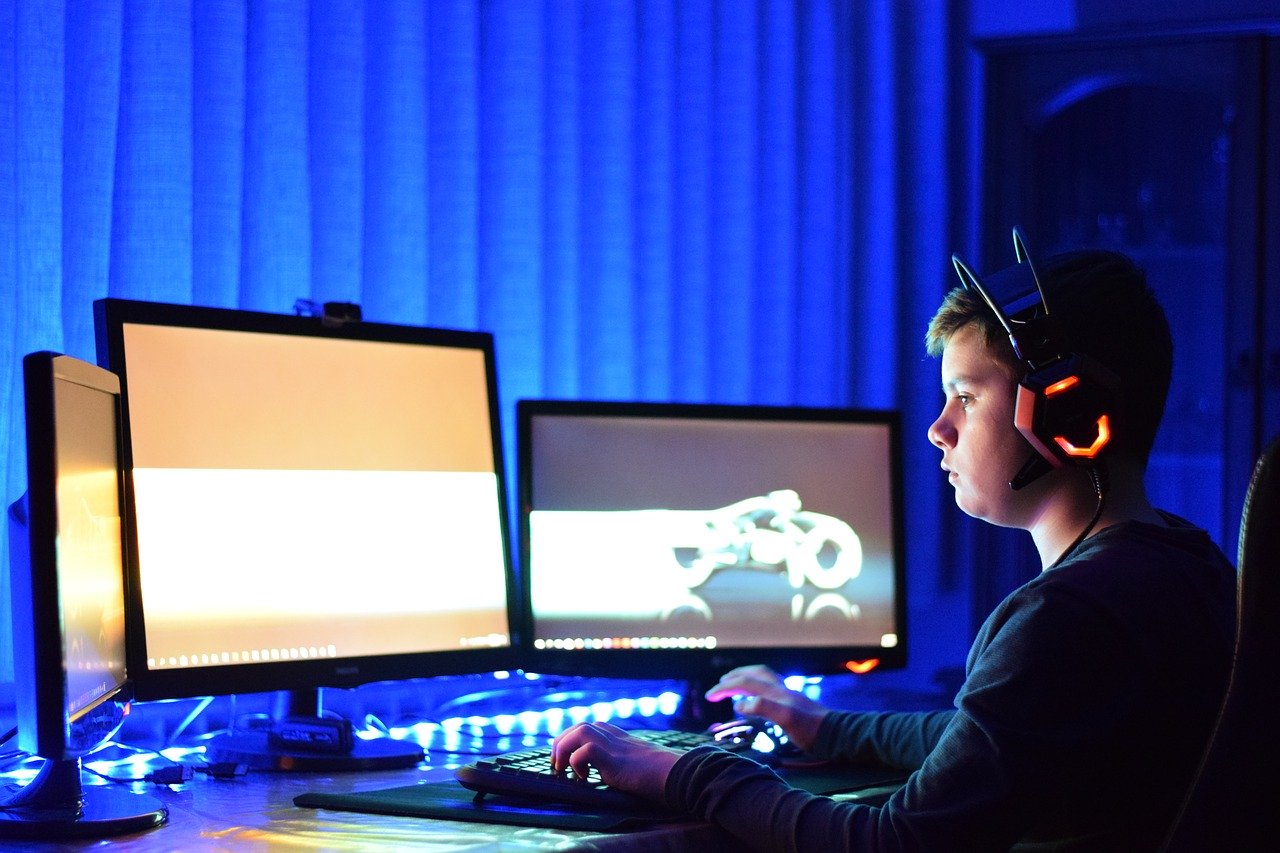Parents of online gamers need to think twice before labelling the hobby a ‘waste of time’

It is easy to see why video games are perceived as a problem. Especially if you are a parent of a young gamer who may believe that their child is spending more time gaming online than they are completing their homework. (Pixabay photo)
Another day, another critic of online gaming. This time, it is one of the most well known faces, or voices, in popular culture today.
Joe Rogan, host of the third most popular podcast in the world called The Joe Rogan Experience (JRE), recently called video games a “waste of time.”
“Video games a real problem. You know why? Because they’re f**king fun. You do them, and they’re real exciting, but you don’t get anywhere.”
Joe Rogan has described video games as a “waste of time” for ‘most people’: https://t.co/8phVgmGYP9 pic.twitter.com/HGVgCfr7mh
— DEXERTO.COM (@Dexerto) July 26, 2020
Instead of gaming, Rogan advocates for one to learn a sport such as jiu jitsu, win competitions and then become a coach by teaching other students and make a nice living for one’s self.
This is a dangerous message to be spreading. Especially when on YouTube alone, Rogan has more than nine million subscribers, and his podcast has over 190 million monthly downloads. The JRE podcast is so popular, that Spotify will be paying Rogan $100 million dollars over a multi-year contract to move his podcast exclusively to their platform.
As an online gaming scholar, I have already discussed the growing popularity of the gaming industry, and the possible avenues for success if one seriously wishes to pursue gaming as an occupation. In addition, I have touched on the social aspects of gaming and the importance of staying connected in an increasingly online world. As an avid gamer and researcher, I feel the need to make a statement to anyone who discourages a gamer in their life: gaming is not a waste of time.
Read more:
Critics who say online gaming is ‘just a game’ completely miss the point
Gaming addictions
When new forms of media are introduced, there is initial distrust out of concern that the new medium might be displacing a more ‘constructive’ activity. Activities like jiu jitsu, as Rogan argued. And he’s not the only one stoking fears about gaming.
U.S. President Donald Trump has suggested that video games are connected to violence, however, research does not seem to support that claim.
The World Health Organization has also classified gaming disorder as a behavioural addiction. While research has shown this is a more prevalent issue, we must remember the old expression: everything in moderation.
Rogan himself has personally struggled with video game addiction. While game addiction might only be seen in small populations, it is important to note the negative possibilities involved with online gaming.
Advice for parents
It is easy to see why video games are perceived as a problem. Especially if you are a parent of a young gamer who may believe that their child is spending more time gaming online than they are completing their homework.
Here is a bit of advice for those uncomfortable with the increasingly popular medium of online video games.
1. Embrace them
Online gaming is not a fad — its popularity continues to rise with new games and platforms. Instead of dismissing them as a waste of time for your kids, embrace online gaming. Ask your children why gaming is so important to them. Try to understand why they want to spend their time playing games, rather than another hobby.
They might say it is a social outlet, a time to connect with their friends and make new ones. They might say it is an escape from reality or a way to relieve stress. It is time to be curious rather than critical.
Read more:
Social video games to play during the coronavirus quarantine
2. Get involved
If your child is comfortable with the idea, get involved with their gaming. Read about the games they play. Watch YouTube videos or Twitch streams to understand more about the gameplay. Ask your child if you can watch them play, or even play with them! Video games are not only fun to play, but playing with your children can help teach them problem solving, literacy and science.
Online gaming is unfortunately a toxic space despite many positive players and environments. If you find your child is contributing to or being affected by the toxic space, you may be able to have a positive impact on the community by having a conversation with them. While this may seem like a reason to not have your children involved with online gaming, it is important to understand the space. See who they interact with and what is being said online. If you do not like what you see or hear, talk to them about it.
3. Stop equating time with money and success
Who is to say that gaming is a waste of time, and what are we comparing it to? As stated above, there are many reasons why gaming is not a waste of time. While you can make money gaming, it is easy to argue that only the top one per cent will do so. This is no different than other “constructive activities”; in hockey, for example there is less than a one per cent chance that your child will make it to the National Hockey League. Hobbies and leisure pursuits do not need to be valued on financial success.
If you are a worried parent who believes their child may be addicted to video games, take a step back. Learn more about the environment, understand their motivations and ensure their responsibilities are completed before dismissing their time playing games. Chances are, your kids are just having fun.![]()
Joe Todd, PhD Student in Recreation and Leisure Studies, University of Waterloo
This article is republished from The Conversation under a Creative Commons license. Read the original article.





















